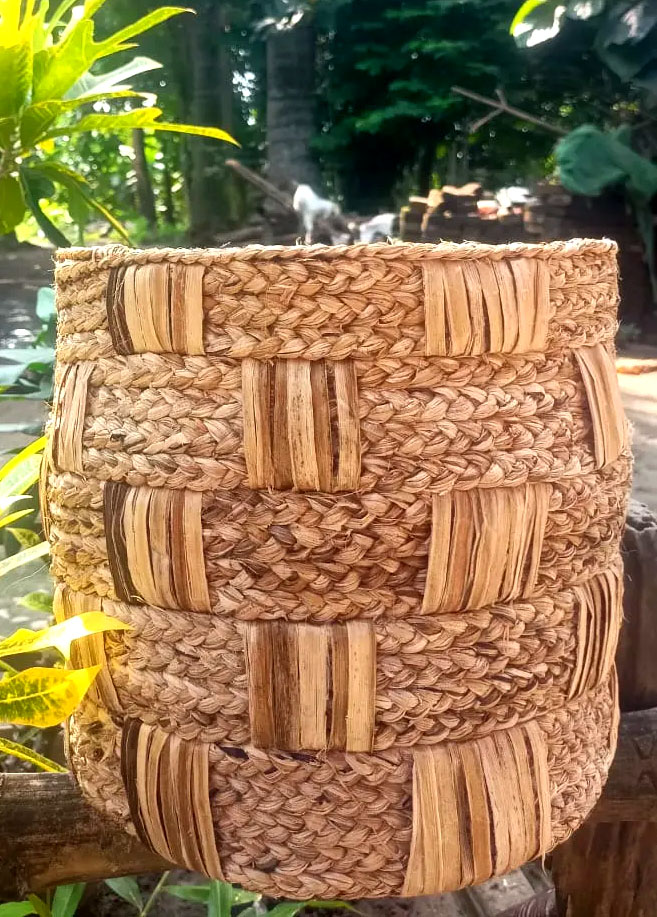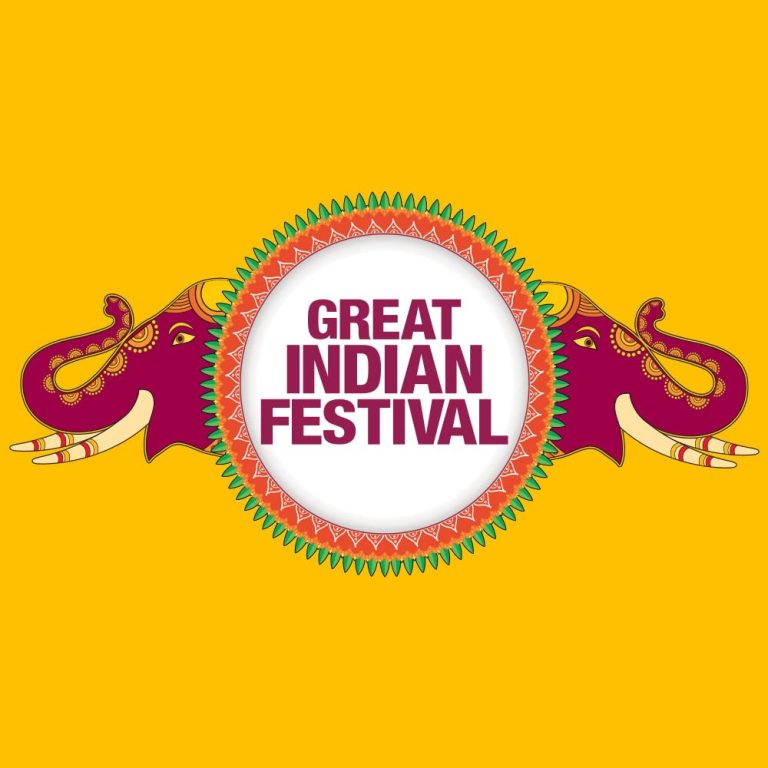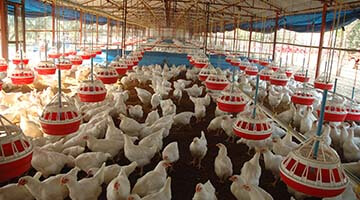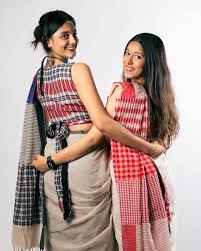In the heart of Bade Village, Nagaland, a remarkable group of women is transforming
nature’s bounty into timeless artistry. Tukhu Rhi, a thriving women’s collective, is
preserving indigenous weaving traditions by crafting exquisite, eco-friendly products
from banana fiber. Their beautifully woven baskets, wall hangings, coasters, mats, and
even cloaths are more than just handmade items—they are powerful symbols of
community ownership, resilience, sustainability, and economic empowerment.
The craft begins with the careful selection of mature banana plants. The stems are cut,
and their inner sheaths are soaked in water to loosen the fibers. These fibers are then
hand-scraped, washed, and sun-dried, ensuring strength and durability. While modern
machines can speed up extraction, artisans still favor the traditional method for its
superior quality and connection to heritage. By preserving this technique, the women
of Tukhu Rhi not only create stunning handcrafted products but also safeguard their
ancestral knowledge, passing it down to future generations while promoting
sustainable craftsmanship.
As part of the "Documenting and Safeguarding the Intangible Heritage of Nagaland"
project, led by the German Consulate Kolkata and Contact Base, Tukhu Rhi’s leaders,
Wekhro U Wetsah and Mudotsulu Thopi, also traveled to Kolkata to showcase their
craftsmanship. Their participation stole the spotlight and the beauty of banana fiber
weaving, inspired audiences to appreciate and support sustainable, heritage-based
livelihoods.
Despite of the challenges related to transportation these women are ready to export
outside Nagaland, to connect and explore business opportunities, reach out to:
8787858305 or mail at wekhrowetsah@gmail.com.






